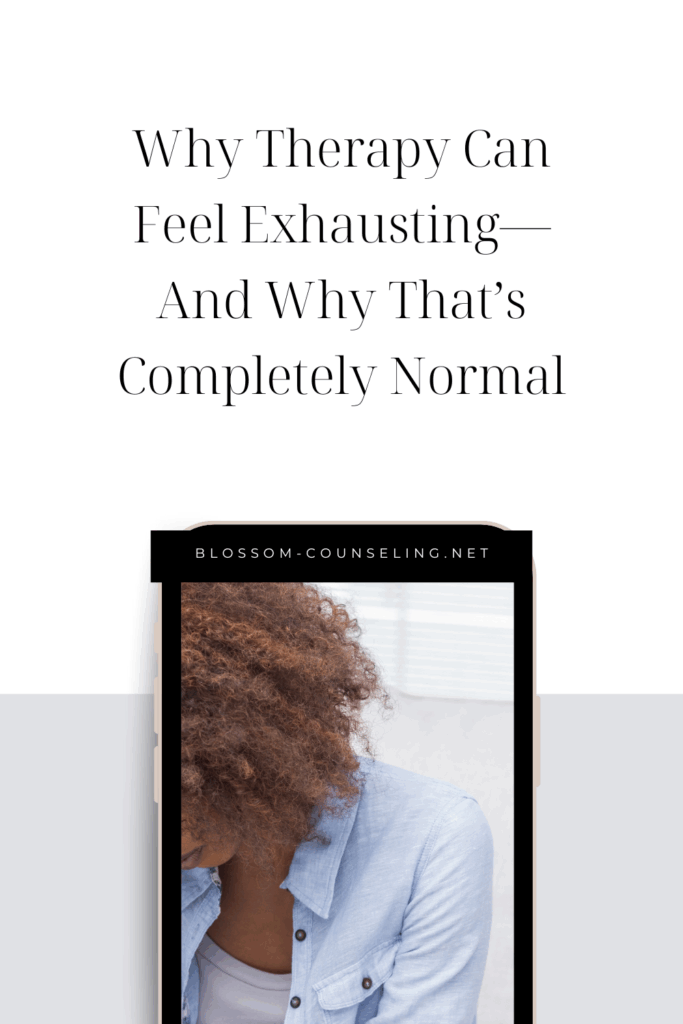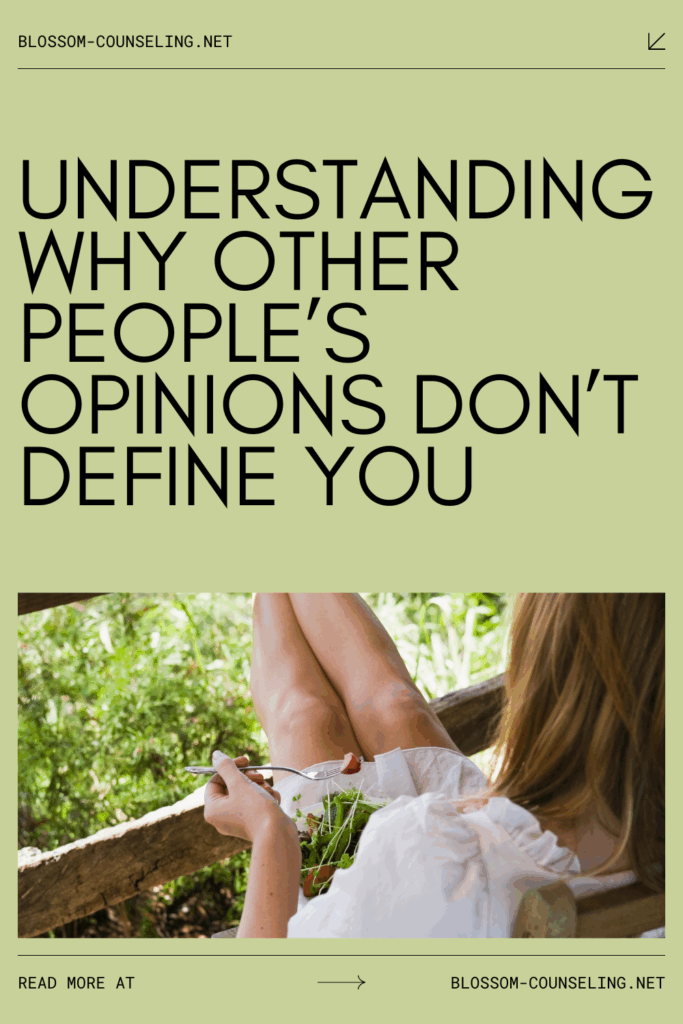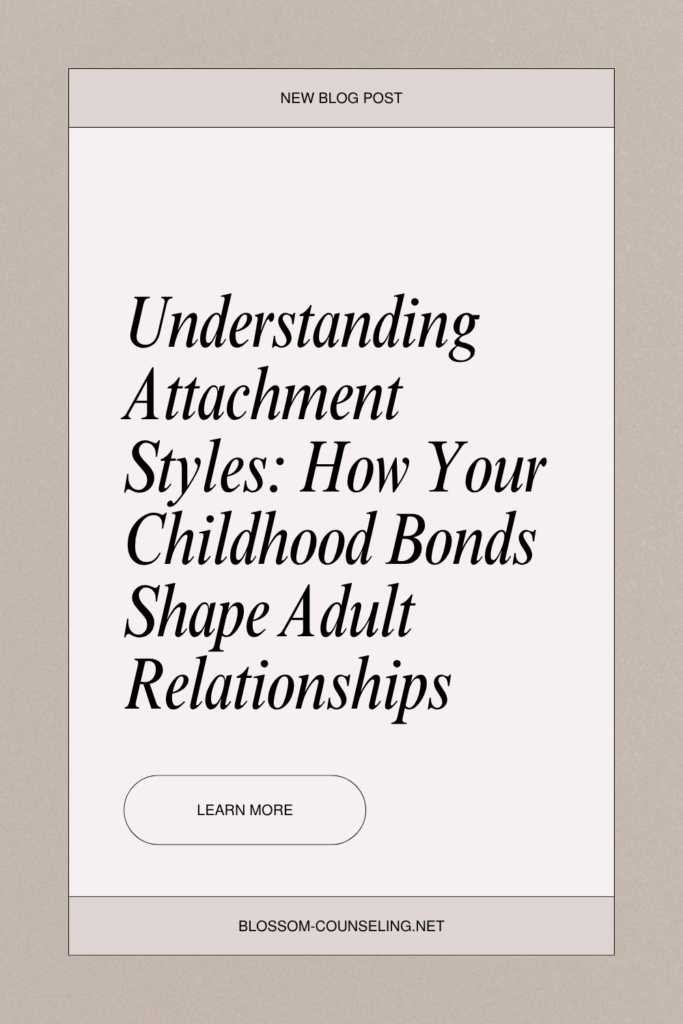
When a friend confides in you about their struggles, it’s a testament to the trust they place in your relationship. It’s natural to want to leap into action—to fix everything that’s causing them pain. However, the line between being a supportive friend and feeling wholly responsible for their mental health can become blurred, leading to emotional exhaustion if not navigated carefully.
Understanding Your Role
Firstly, it’s crucial to acknowledge that while you can offer support, you cannot—and should not—bear the entire weight of your friend’s mental health. Your role is that of a companion, not a therapist. It’s okay to be there for them, to listen, and to offer support, but it’s equally important to encourage professional help when the issues go beyond your ability to assist.
Setting Boundaries
Setting boundaries does not mean you care any less; it means you are taking care of yourself too. It’s okay to say, “I’m here for you, but I think this is something that might need professional guidance.” This not only helps you maintain your mental well-being but also guides your friend towards the help they might need.
The Importance of Self-Care
Supporting someone else’s mental health journey can be draining. It’s like the safety instructions on airplanes: you must put on your oxygen mask before assisting others. Make sure you’re taking time to recharge, which can include activities that you enjoy, maintaining your social circle, or even seeking professional support for yourself.
Being an Effective Supporter
Being an effective supporter means sometimes just being present. Not every catch-up needs to turn into a therapy session. Sometimes, helping your friend find moments of joy can be just as important. Engage in activities that help them take a break from their troubles, like watching a movie, going for a walk, or sharing a meal.
Encouraging Professional Help
If you notice your friend’s struggles are deepening or they’re overly reliant on your support, it might be time to gently suggest professional help. It’s not about handing them off to someone else but ensuring they get the best support possible. Discussing the benefits of seeing a mental health professional can be a good start, emphasizing that it’s a sign of strength, not weakness.
Knowing When It’s Too Much
If you find yourself feeling overwhelmed, anxious, or depressed about your friend’s mental health, it could be a sign that you’re taking on too much. Recognizing this is not selfish; it’s necessary. It’s essential to remember that you can do your best for your friend by being your best self, not by sacrificing your well-being.
Supporting a friend through tough times is admirable, but remember, it’s a shared journey, not a sole responsibility. By understanding your limits, setting healthy boundaries, and taking care of your own mental health, you’re not just helping your friend—you’re creating a sustainable way to continue being a supportive presence in their life.
</table
|
|
Our team of compassionate therapists is here to help you find the support you need. We believe in a holistic approach, treating your mind, body, and spirit. With a blend of traditional and alternative therapies, we tailor your experience to meet your unique needs. At Blossom, we create a non-judgmental space where you can be your authentic self. Our goal is to empower you, amplify your strengths, and help you create lasting change. Together, we’ll navigate life’s challenges and help you bloom, grow, blossom! You deserve to become the best version of you.




